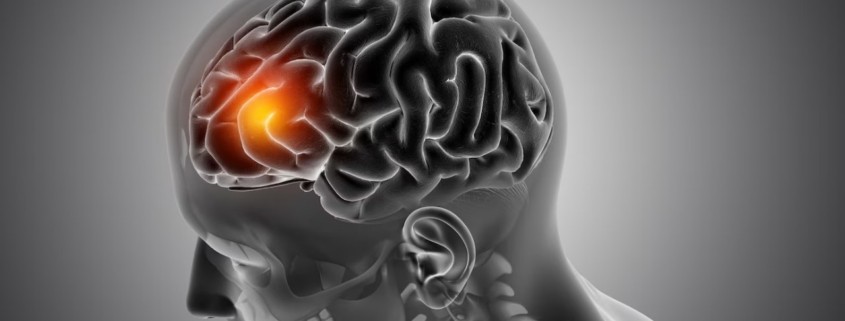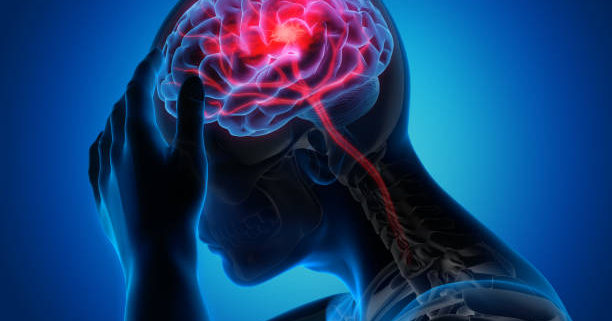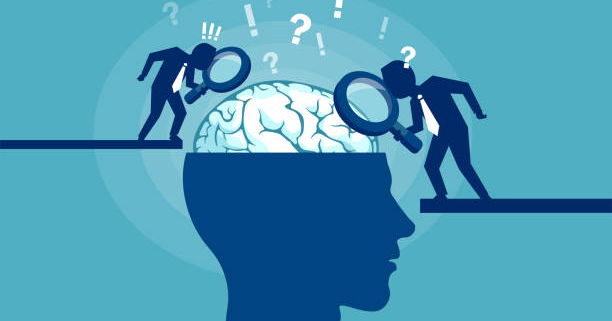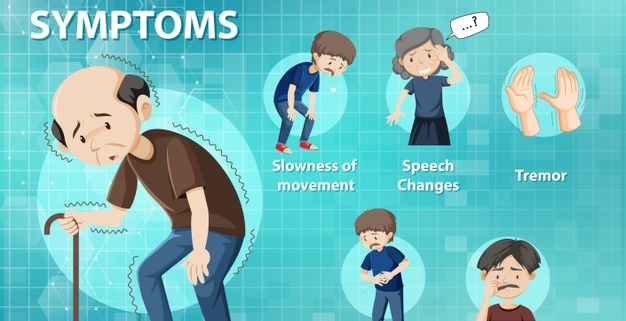Acute stroke, a life-threatening medical emergency, occurs when blood flow to a specific part of the brain is disrupted. This sudden disruption deprives brain cells of oxygen and nutrients, leading to their death. Early recognition and prompt medical intervention are crucial to minimize brain damage, prevent permanent disability, and even save lives.
The Two Main Types of Stroke
There are two primary categories of stroke: ischemic and hemorrhagic. Each has distinct causes and requires different treatment approaches.
- Ischemic Stroke (87% of all strokes): This type arises when a blood clot blocks an artery supplying blood to the brain. The blockage can be caused by:
- Thrombosis: Formation of a clot within a brain artery.
- Embolism: A clot that travels from another part of the body, often the heart, and lodges in a brain artery.
- Atherosclerosis: Build-up of fatty deposits in the arterial walls, narrowing the arteries and potentially causing blockage.
- Lacunar Infarcts: Blockages in the brain’s tiny arteries due to small vessel disease.
- Hemorrhagic Stroke: This type occurs when a blood vessel within the brain bursts, causing bleeding in the brain tissue. Potential causes include:
- Intracerebral Haemorrhage: Bleeding within the brain itself, often due to uncontrolled high blood pressure or head trauma.
- Subarachnoid Haemorrhage: Bleeding between the brain and the surrounding membrane, frequently caused by a ruptured aneurysm (a weakened bulge in a blood vessel wall).
Additional Risk Factors
Several other conditions and lifestyle choices can significantly increase a person’s risk of stroke:
- High Blood Pressure (Hypertension): Chronic high blood pressure damages blood vessels, raising the risk of both ischemic and hemorrhagic strokes.
- Atrial Fibrillation: This irregular heart rhythm can lead to blood clot formation in the heart, which can then travel to the brain.
- Diabetes: This condition accelerates atherosclerosis, increasing stroke risk.
- Migraines: People who experience migraines, particularly those with auras (visual disturbances), are more prone to stroke and may exhibit stroke-like symptoms.
- High Cholesterol: The formation of plaques in the arteries is a consequence of high cholesterol levels.
- Smoking: Smoking disrupts blood vessel function and elevates blood pressure.
- Obesity: Obesity is often linked to hypertension, diabetes, and high cholesterol, all of which are stroke risk factors.
- Alcohol and Drug Use: Excessive consumption can lead to high blood pressure and damage blood vessels.
Recognizing the Signs of Acute Stroke
Stroke symptoms can vary depending on the affected brain region, as different areas control various functions. Recognizing these warning signs and seeking immediate medical attention is critical:
- Sudden Weakness or Numbness: Often affects one side of the face, arm, or leg.
- Aphasia: Difficulty speaking or understanding speech.
- Vision Problems: Sudden loss of vision in one or both eyes, blurred vision, or double vision.
- Balance Issues: Dizziness, loss of balance, or lack of coordination.
- Severe Headache: Often described as sudden and intense.
- Seizures: Uncontrolled electrical activity in the brain, causing convulsions or abnormal movements.
- Confusion: Disorientation, agitation, or personality changes.
- Fainting or Loss of Consciousness: Sudden loss of awareness.
- Memory Loss (Amnesia): Difficulty forming new memories or recalling existing ones.
- Coma: A prolonged state of unconsciousness.
The Importance of Early Intervention (FAST)
When experiencing any stroke symptoms, remember the acronym FAST and act immediately:
- Face: Ask the person to smile. Does one side of the face droop?
- Arms: Ask the person to raise both arms. Does one arm drift downward or is unable to rise?
- Speech: Ask the person to repeat a simple phrase. Are there any slurring or unusual speech patterns?
- Time: If any of these signs are present, call emergency services immediately. Every minute counts in stroke treatment.
Treatment Options for Acute Stroke
The primary goals of stroke treatment are to manage symptoms, prevent further strokes, and restore blood flow to the brain. The specific treatment approach depends on whether the stroke is ischemic or hemorrhagic.
Ischemic Stroke Treatment
Restoring blood flow to the brain as quickly as possible is crucial. Treatment options include:
- Emergency Intravenous (IV) Medication: Clot-dissolving medication administered within 4.5 hours of symptom onset is highly effective. Time is critical for successful treatment.
- Emergency Endovascular Procedures: In some cases, doctors may perform minimally invasive procedures to open the blocked artery directly. These procedures have been shown to improve outcomes and reduce long-term disability after ischemic stroke.
- Other Procedures: Depending on the specific situation, doctors may recommend procedures to widen a narrowed artery, such as angioplasty, stenting, or carotid endarterectomy.
Hemorrhagic Stroke Treatment
The immediate focus of treatment is to stop the bleeding and reduce pressure on the brain. This may involve:
- Emergency Measures: If you take blood thinners, doctors may administer medications or blood transfusions to reverse their anticoagulant effects. Additionally, medications may be used to control blood pressure, prevent blood vessel spasms, reduce brain swelling, and stop seizures.
- Surgical Intervention: In some cases, surgery may be necessary to repair the ruptured blood vessel, such as clipping or coiling an aneurysm or removing blood from the brain to alleviate pressure.
Preventing Stroke: A Proactive Approach
Maintaining a healthy lifestyle and managing modifiable risk factors are essential for stroke prevention. Here are some key strategies:
- Blood Pressure Control: Maintain a healthy blood pressure through a balanced diet, regular exercise, and medication adherence if needed.
- Blood Sugar Management: Manage diabetes through a combination of proper medical treatment and healthy lifestyle changes.
- Smoking Cessation: Quitting smoking significantly improves vascular health and reduces stroke risk.
- Healthy Diet: Eat a diet rich in fruits, vegetables, and whole grains, which can help regulate blood pressure and cholesterol levels.
- Physical Activity: Regular exercise helps maintain a healthy weight and cardiovascular health, both of which are crucial for stroke prevention.
- Moderate Alcohol Consumption: Excessive alcohol consumption can contribute to high blood pressure. Moderation is key.
- Medication Adherence: If you are at high risk of stroke due to a pre-existing condition, it’s crucial to adhere to prescribed medications, such as anticoagulants or antiplatelets.
Final Note
Ayushman Hospital & Health Services is a leading healthcare provider dedicated to comprehensive patient care. We offer specialized and prompt stroke management through our dedicated stroke unit. This unit is equipped with cutting-edge diagnostic and treatment technologies, allowing for rapid diagnosis and immediate treatment options. Our team of skilled neurologists, neurosurgeons, and rehabilitation professionals works collaboratively to provide a comprehensive care plan designed to maximize treatment outcomes.
By understanding the causes, symptoms, treatment options, and preventative measures for stroke, individuals can take control of their health and reduce their risk of experiencing this life-threatening condition. Early recognition and prompt medical intervention are crucial for minimizing brain damage and improving recovery. Ayushman Hospital & Health Services stands ready to provide the necessary expertise and care for stroke patients.







